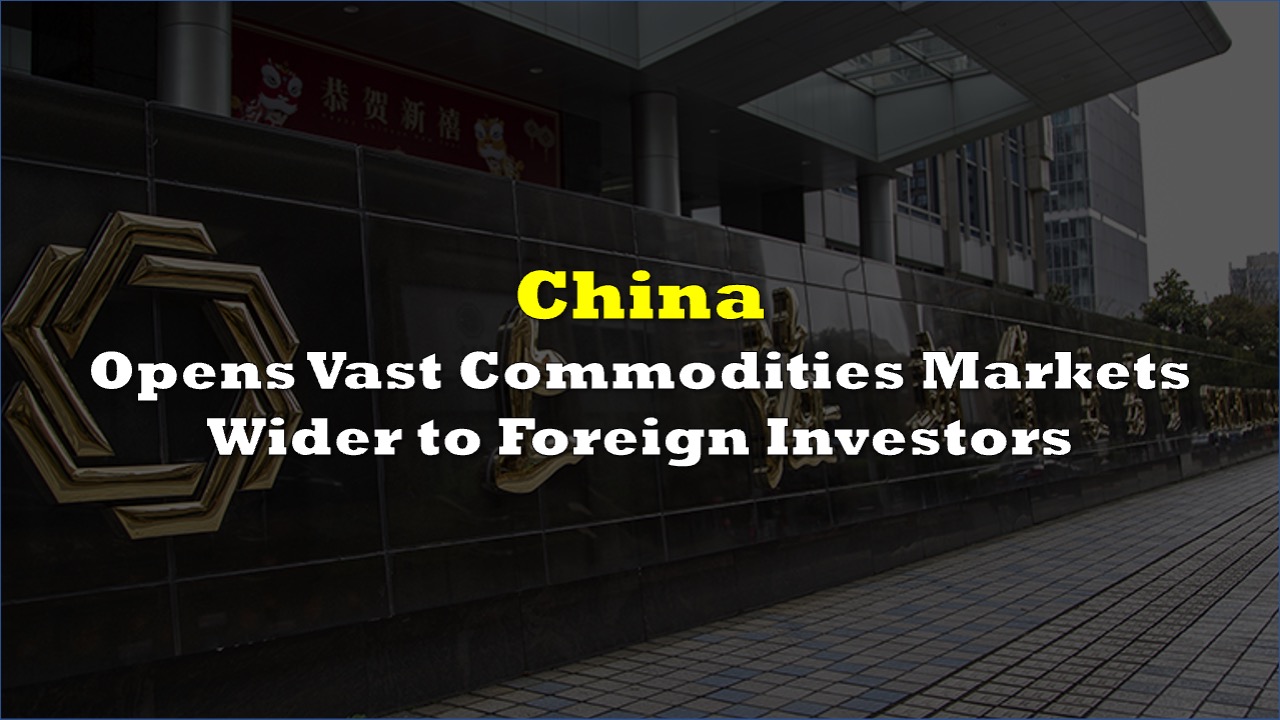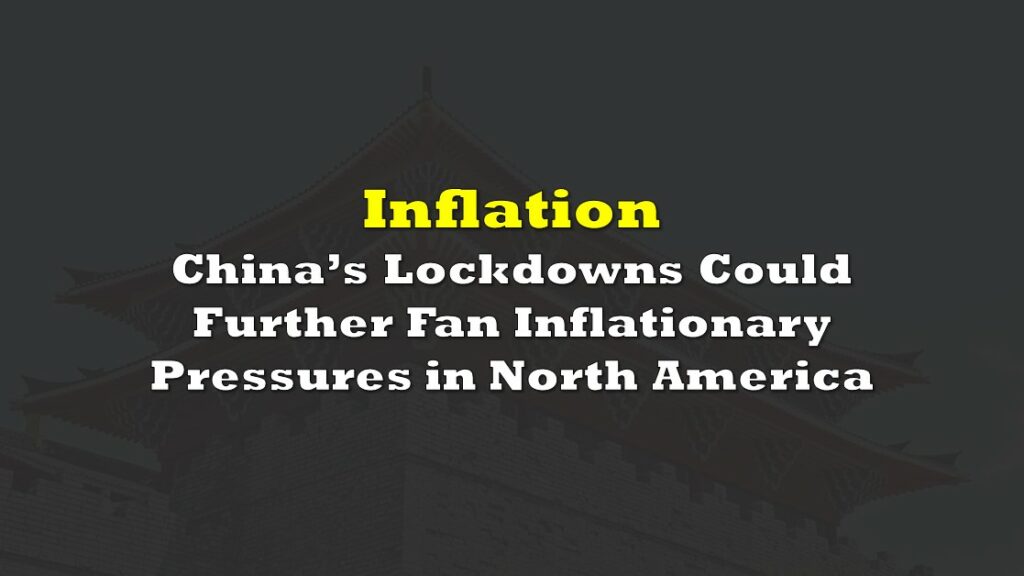China unveiled plans Tuesday to dramatically expand foreign access to its commodities markets, with the Shanghai Futures Exchange proposing to let overseas participants use foreign currency as collateral for yuan-denominated trades in a bid to challenge Western pricing dominance.
The proposal is China’s most ambitious commodities market liberalization effort yet and comes as the world’s second-largest economy seeks to leverage its position as the globe’s biggest raw materials buyer to gain greater influence over pricing.
The Shanghai Futures Exchange is soliciting public comments through June 4 on rules that would overhaul market access, trading, settlement, and delivery across 18 domestic contracts. The changes would “systematically internationalize” trading, the exchange said.
BREAKING NEWS
— Gold Telegraph ⚡ (@GoldTelegraph_) May 27, 2025
THE SHANGHAI FUTURES EXCHANGE HAS RELEASED DRAFT PROPOSALS TO FURTHER OPEN UP DOMESTIC FUTURES TO OVERSEAS INVESTORS AS PART OF AN EFFORT TO HELP INTERNATIONALISE THE RENMINBI.
Another one…
The move builds on recent expansions that have opened dozens of commodity contracts to qualified foreign investors. In March, Chinese exchanges expanded access to 23 additional products, bringing the total available to foreign investors to 75.
China has been frustrated by its limited influence over commodity pricing despite being the world’s largest buyer of raw materials. Benchmark pricing remains concentrated in Western exchanges, including New York and London for oil, London for base metals, and Singapore for iron ore.
Related: Chinese Mining Giant Opens Gold, Copper Fund to Hong Kong Investors
The government-operated Shanghai Futures Exchange, founded in 1999, handles trading across multiple commodity sectors including metals, energy, and agricultural products.
Earlier in the month, sources told Reuters that the exchange is considering opening its domestic nickel futures contract to foreign investors this year through China’s Qualified Foreign Institutional Investor program, rather than launching a separate international contract.
The move would challenge the London Metal Exchange’s dominance, particularly after the LME suspended nickel trading for eight days in March 2022 following extreme price volatility.
China now has about 900 qualified foreign institutional investors, with 200-300 companies registered since September 2022, primarily interested in commodities, according to broker sources.
Previous internationalization efforts have had mixed success. The Shanghai International Energy Exchange has offered yuan-denominated copper to overseas participants since 2020 and crude oil since 2018, but neither has significantly challenged established international exchanges.
The Dalian Commodity Exchange’s iron ore futures, opened to foreign investors in 2018, has gained more traction as a pricing benchmark.
The proposals serve multiple Chinese objectives, including enhancing commodity pricing influence, promoting yuan internationalization, and supporting Shanghai’s development as a global financial center.
The China Securities Regulatory Commission, which has been pushing exchanges to internationalize contracts to attract overseas investment, would need to approve any final implementation.
The Shanghai Futures Exchange is hosting a two-day metals industry meeting this week to discuss the plans, timed to coincide with many international participants being in nearby Hong Kong for LME Asia Week.
Information for this story was found via Bloomberg, Reuters, and the sources and companies mentioned. The author has no securities or affiliations related to the organizations discussed. Not a recommendation to buy or sell. Always do additional research and consult a professional before purchasing a security. The author holds no licenses.









